Requesting a call is the first step toward recovery. Our team is here to help you 24/7.

Medical Wellness Center
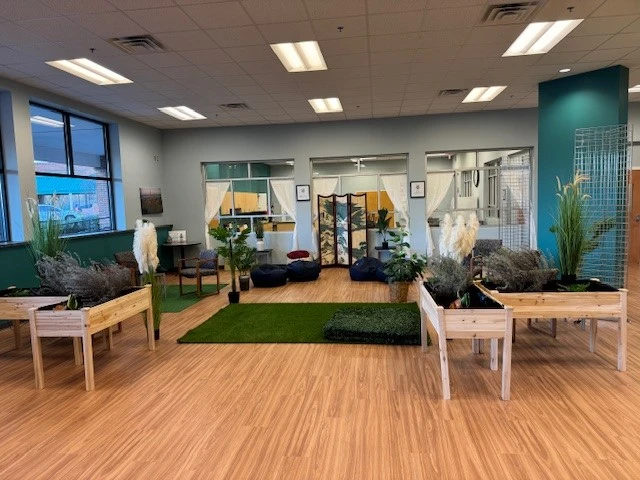
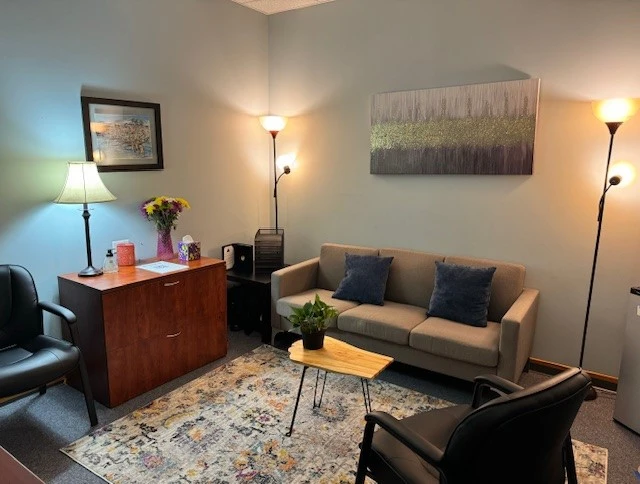
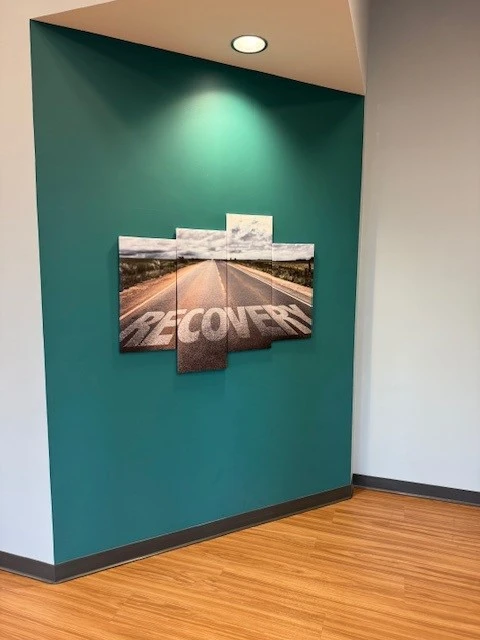
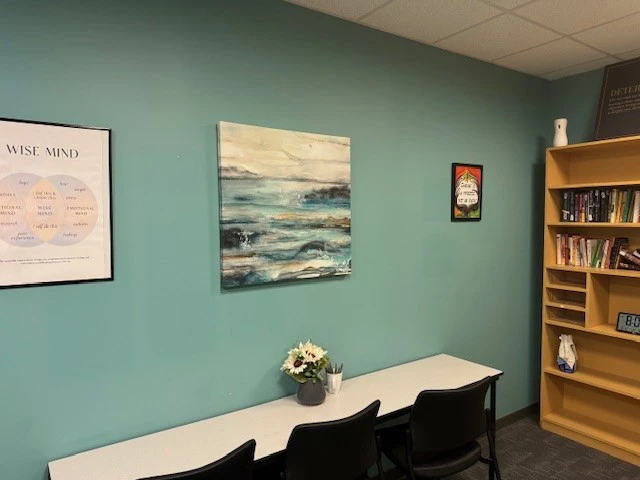
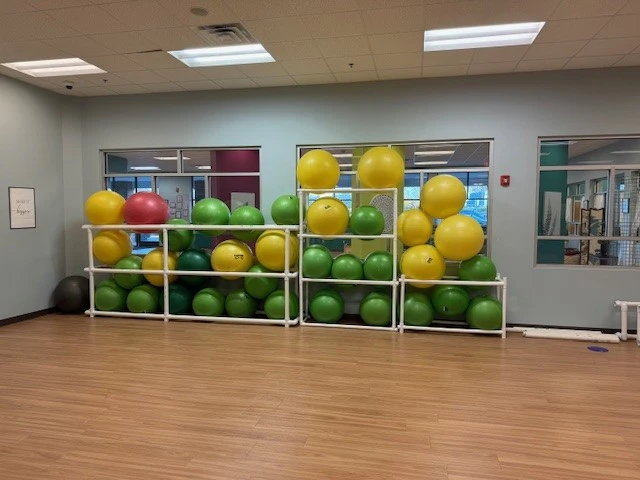
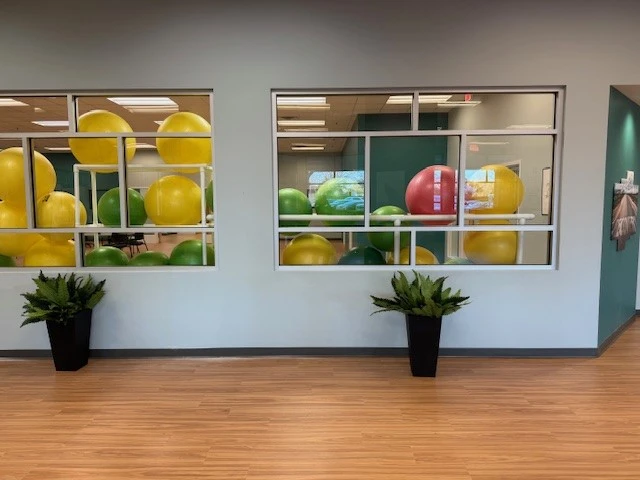
Pinnacle Treatment Centers provides a full continuum of care for adults experiencing substance abuse disorders, specializing in addiction with co-occurring mental health disorders throughout over 100 locations in 9 U.S. states. They offer detox, residential, and outpatient programs in addition to medication-assisted treatment (MAT), peer support, case management, and aftercare services, ensuring every client can receive a personalized recovery plan with a program that fits their unique needs.
At Pinnacle Treatment Centers of Richmond, adults struggling with addiction are offered low-intensity residential care and partial hospitalization programs (PHP), along with case management services. They offer a compassionate and professional staff, consisting of a medical doctor and master’s level therapists. Clients participating in their low-intensity residential program receive a full day of therapy, counseling, and group activities that promote healing. Recovery assignments, support groups, personal reflection, and other community building activities typically take up time in the evenings. PHP, similar to residential, is designed for individuals who need an intensive level of care and are unable to live on-site. Clients in PHP also participate in a full day of treatment and recovery related activities, including individual, group and family therapy, with the principles of 12-Step recovery integrated into treatment.
Pinnacle Treatment in Richmond provides clinical evaluation, patient-centered individual care, 12 Step integration, psycho-education and group counseling. Additionally, they offer gender-specific groups, process groups, meditation and mindfulness, and MAT for opiate use disorders. Their primary treatment model uses evidence-based care that is trauma-informed, with secondary methods such as anger management, life skills training, vocational counseling, grief and loss, and more.
Case managers at Pinnacle have a very specific role supporting clients with things such as their medical health, social connections and community, educational and vocational opportunities, housing, finances, and family stability. They are with clients throughout their recovery to provide them with care coordination, relapse prevention services, referrals, and monitoring and regular follow-up post-treatment. Peer support specialists are available to help individuals gain confidence, foster independence, and develop the skills needed for successful long-term recovery.

Have Questions? Give Us a Call.